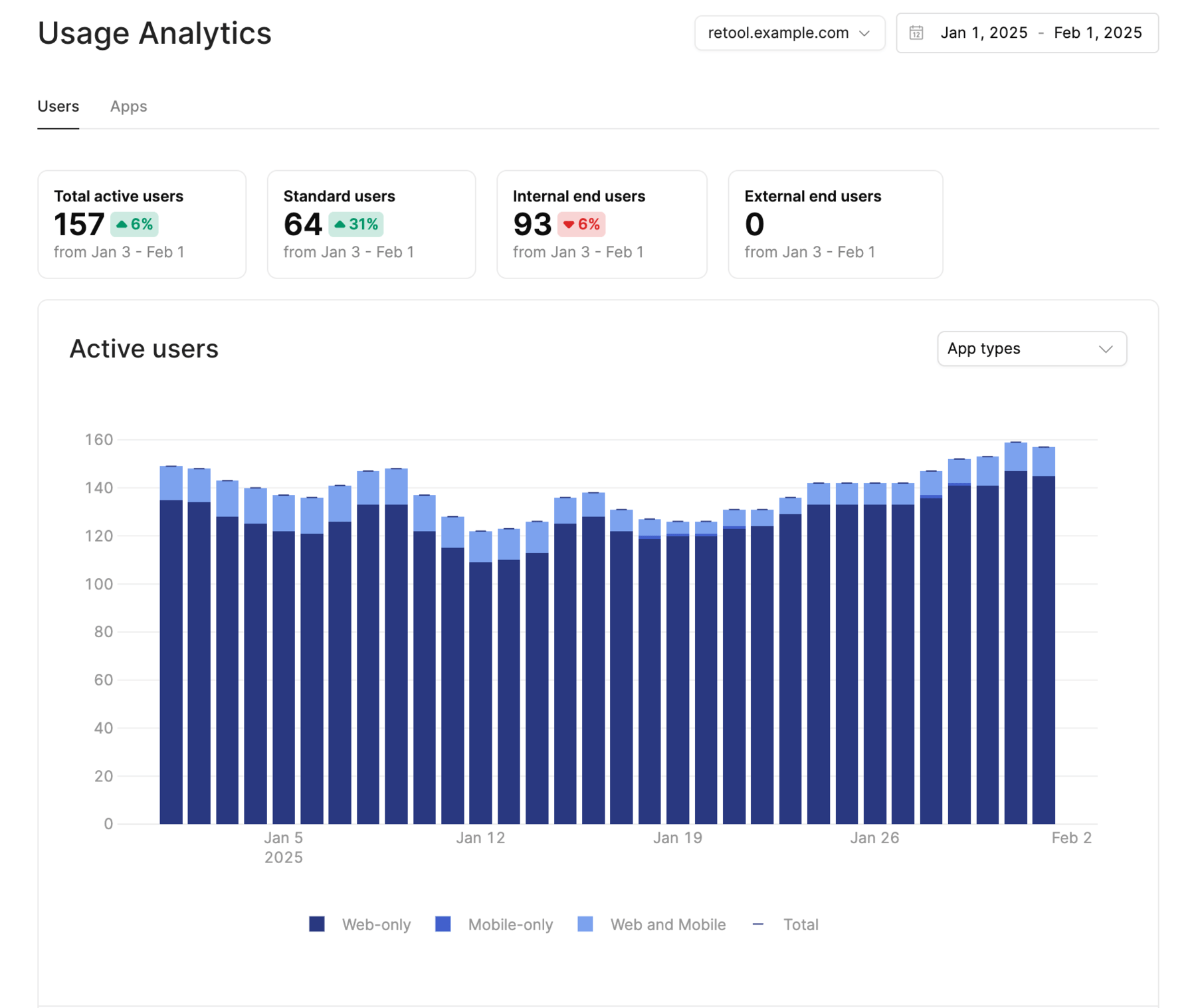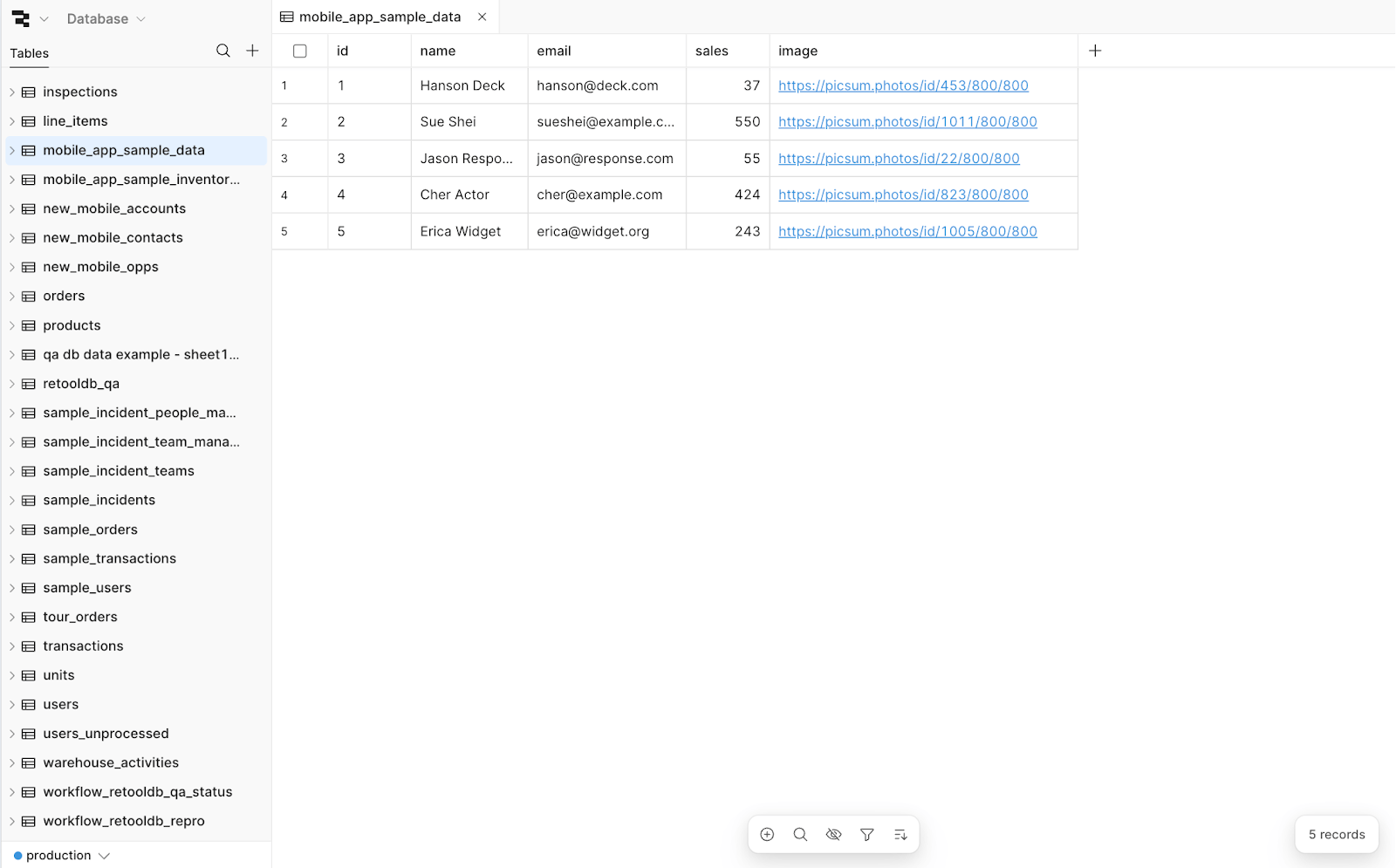CVE-2025-29774 and CVE-2025-29775 (SAMLStorm)
A vulnerability in an open-source library, xml-crypto, which Retool uses for SAML login implementation, allowed for account takeovers through forged SAML identity provider (IdP) assertions. In the worst case, an external threat actor could forge arbitrary assertions for a SAML IdP, potentially leading to full account takeovers within an organization.

